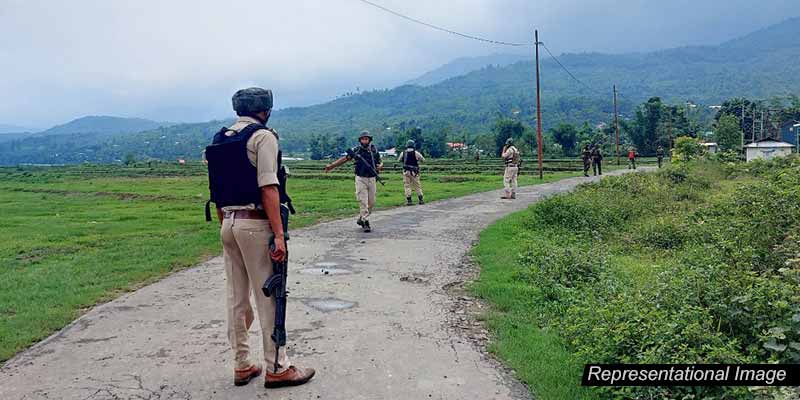- India
- Jul 15
- Kevin Savio Antony
What is Inner Line Permit?
• A pro-ILP activist was arrested in Shillong for unauthorisedly checking the documents of migrant labourers in Meghalaya.
• The ILP is a special permit required by residents of other parts of the country to enter and stay for a specified period in the states of Arunachal Pradesh, Nagaland, Mizoram, and Manipur.
• The development came a day after the Meghalaya Home Department filed four cases against pro-ILP activists in two districts for checking whether migrant labourers possessed requisite papers.
• Chief Minister Conrad K. Sangma has said that although mandatory registration is required for all migrant labourers, no individual or organisation is authorised to check the papers of such workers.
• In 2019, the Meghalaya Legislative Assembly unanimously passed a resolution urging the Centre to consider extending the implementation of the ILP in Meghalaya and is awaiting the Centre’s nod.
Inner Line Permit
• As per Bengal Eastern Frontier Regulation 1873, Inner Line Permit (ILP) is a travel document which is required by non-natives to visit any of the four states, namely, Arunachal Pradesh, Mizoram, Nagaland and Manipur.
• It is an official travel document to grant inward travel of an Indian citizen into a protected area for a limited period.
• It is obligatory for Indians residing outside those states to obtain permission prior to entering the protected areas.
• An ILP is issued by the state government concerned by following the prescribed procedure to keep records of people from other parts of the country visiting that state.
• The document has been issued under the Bengal Eastern Frontier Regulation, 1873 and the conditions and restrictions vary from state to state.
• The system was introduced by the British to protect their commercial interests, particularly in oil and tea, and continues now essentially as a mechanism to firewall the tribal peoples and their cultures from onslaughts by outsiders.
(The author is a trainer for Civil Services aspirants.)

